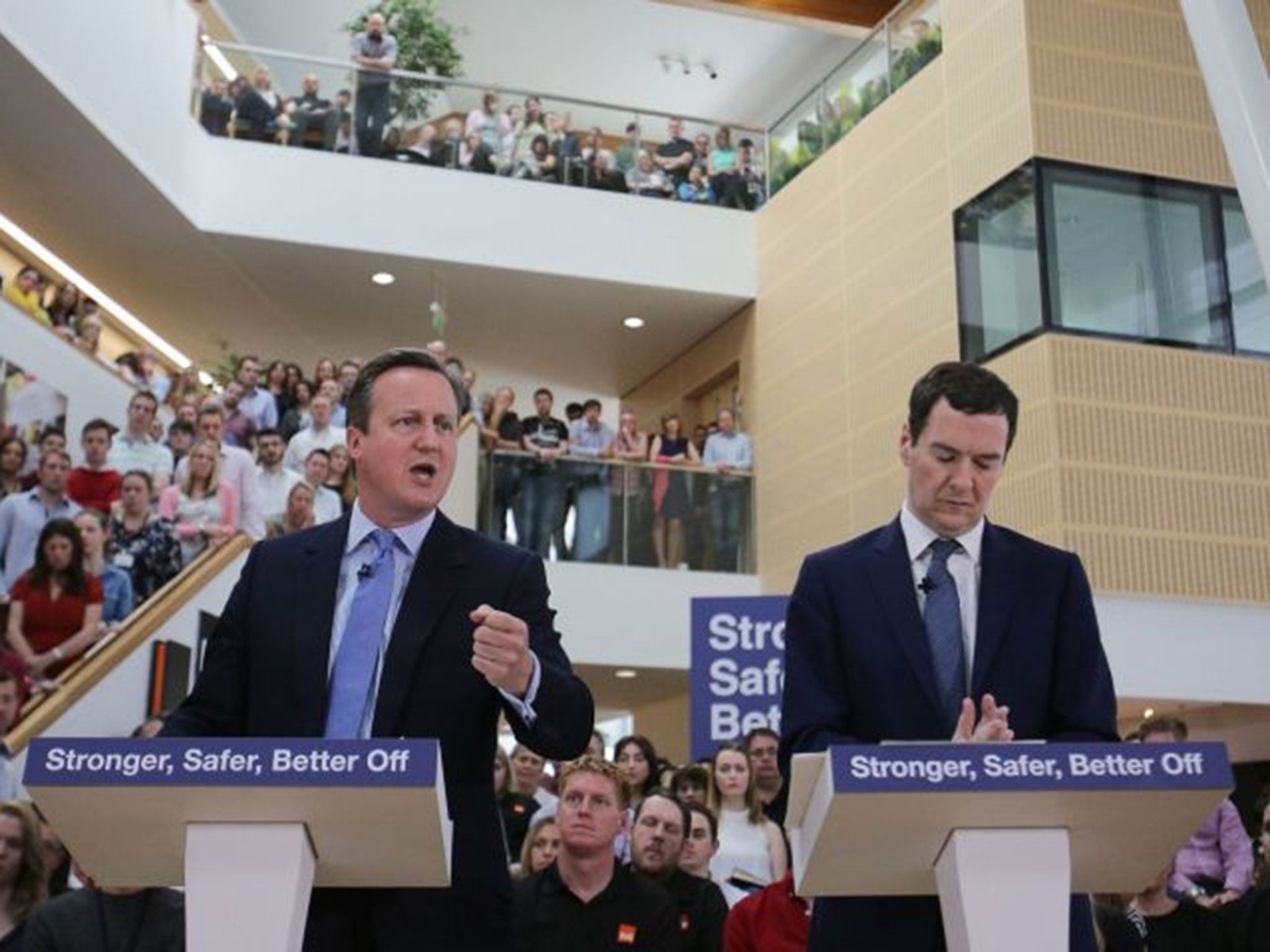EU Referendum: National press biased in favour of Brexit, says study
Of the articles analysed 45 per cent were in favour of leaving the EU while 27 per cent were in favour of staying

Coverage of the EU Referendum in the UK's national press is "heavily skewed in favour of Brexit," a study has suggested.
Of 928 articles analysed by the Reuters Institute for the Study of Journalism, 45 per cent were in favour of leaving while 27 per cent were in favour of staying.
Nineteen per cent of the remaining articles were "mixed or undecided" while 9 per cent adopted no position.
The study analysed articles in nine national newspapers over two sample days of coverage each week during the first two months of the referendum campaign, following David Cameron's post-summit Cabinet meeting on 20 February.
The findings also reveal newspapers were more likely to quote Conservative rather than Labour politicians, 69 to 14 per cent, during the first two months of the campaign.
Positions vary greatly between newspapers, with the Daily Mail including the most pro-leave articles, followed by the Daily Express, the Daily Star, the Sun and the Daily Telegraph.
The newspapers with the most pro-remain articles were, in order, the Daily Mirror, the Guardian, and the Financial Times.
Articles in the Times were "evenly balanced between the two positions, with a slight preponderance of pro-leave articles," the study says.
While all newspapers, whatever their main position, included some articles from the other point of view, the proportion of these was smallest in the Daily Express and Daily Mirror.
The preliminary findings also show there were 42 articles focused on the referendum on an average day, with the Daily Mail, Telegraph and Times having the highest number.
They were followed by the Financial Times, Daily Express and Guardian. The Sun, Daily Mirror and Daily Star had the fewest.

The most cited arguments made in either pro-leave or pro-remain news stories were: the economy/business (33 per cent), sovereignty (29 per cent), migration (18 per cent), regulations (14 per cent) and terrorism/security (6 per cent).
In terms of the arguments used by different publications, the Sun and the Daily Mirror both relied heavily on arguments around sovereignty, despite having divergent positions.
The four broadsheet publications, the Financial Times, Guardian, Daily Telegraph and Times all focused more on arguments around the economy and less on sovereignty.
Making the case to leave, the Daily Express, Daily Star and Daily Mail focused on the issue of migration.
The report's preliminary analysis is based on coverage over the period of 20 February to 26 April. The full report will cover research for the period from 20 February to 21 June and will be published in September.
Join our commenting forum
Join thought-provoking conversations, follow other Independent readers and see their replies
Comments
Bookmark popover
Removed from bookmarks